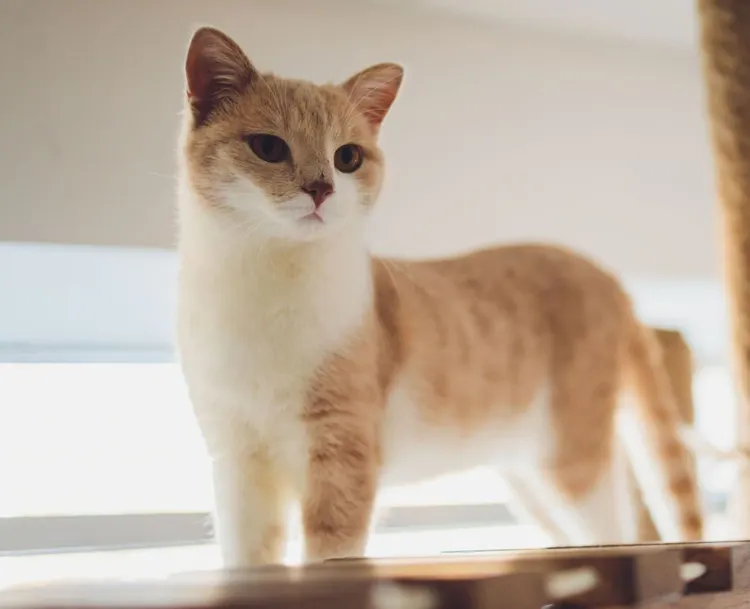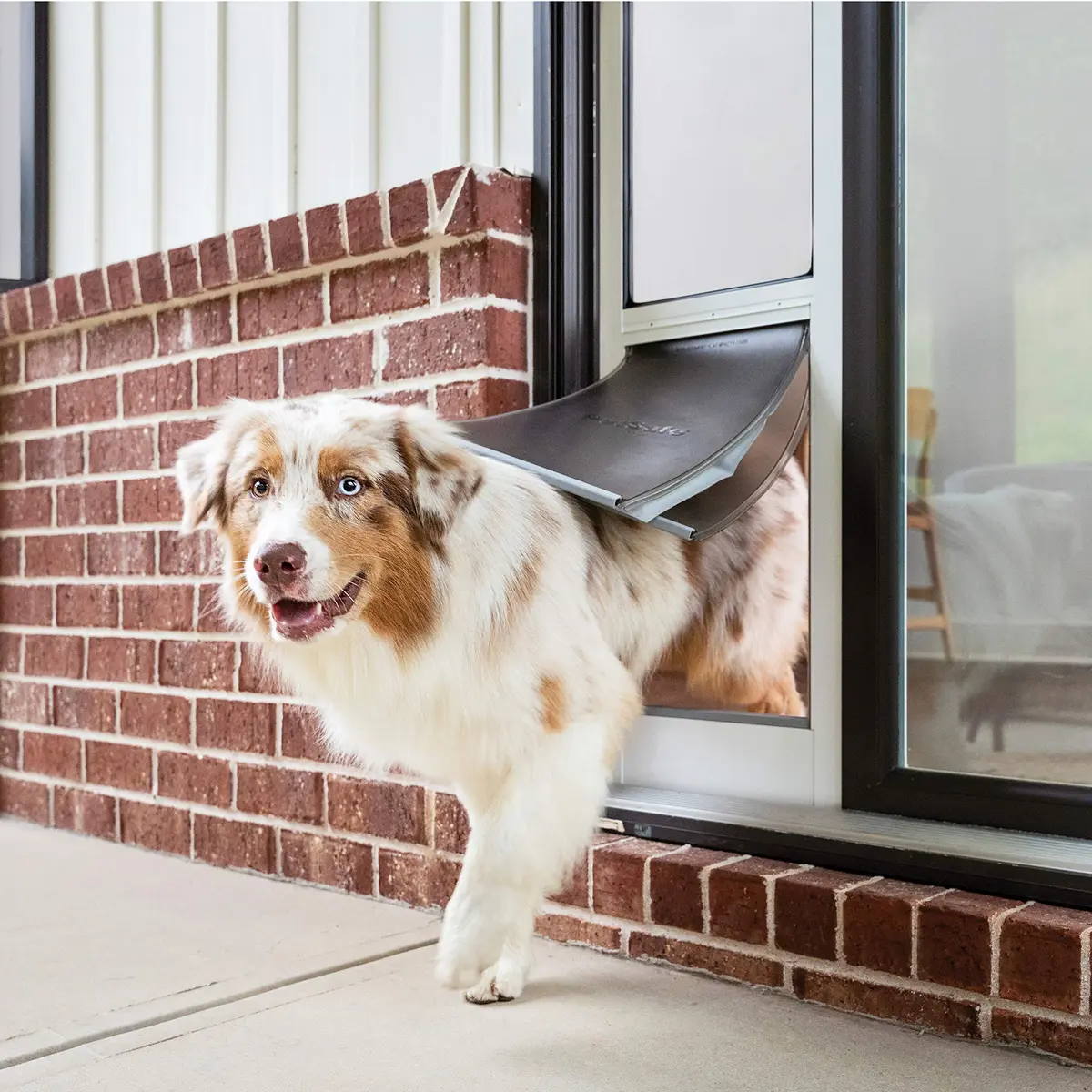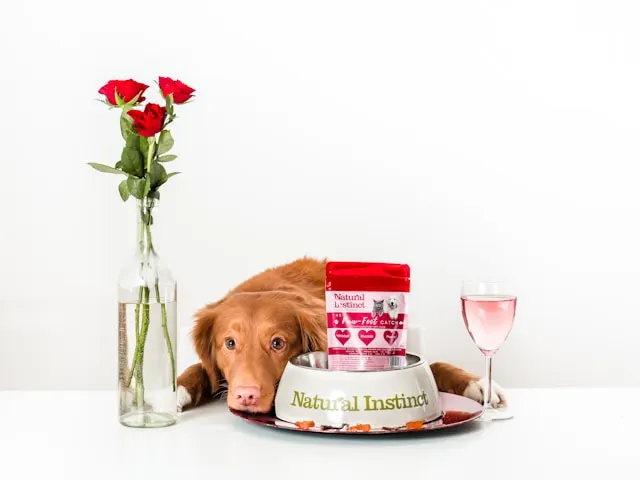Munchkin cats are beloved for their playful nature and adorable short legs. These unique cats can live long, fulfilling lives, but their lifespan, like that of any pet, is influenced by a range of factors, including genetics, health, diet, and lifestyle. Understanding the average lifespan and specific care needs of Munchkin cats helps owners create the best conditions for a healthy, happy life for these charming felines.
1. Introduction
Munchkin cats stand out due to their short legs, a genetic trait resulting from a naturally occurring mutation. Despite their distinctive appearance, these cats are known for their energy, curiosity, and affectionate personalities. Like all cats, the lifespan of a Munchkin cat depends on various factors, including their health, lifestyle, and diet.
2. Average Lifespan of Munchkin Cats
Typical Lifespan Range
The average lifespan of a Munchkin cat generally falls between 12 to 15 years, which is comparable to many other cat breeds. Some Munchkins have been known to live up to 18 years with good care and regular veterinary checkups. Factors such as diet, genetics, and daily activity play a significant role in determining the exact lifespan of each individual cat.
Comparisons with Other Breeds
Compared to other breeds, the Munchkin cat’s lifespan is fairly typical. Many mixed-breed cats and breeds with minimal genetic health issues, like the domestic shorthair, may live around 15 years or longer. Breeds with particular genetic predispositions to health concerns, such as Persian and Siamese cats, often have shorter lifespans. While Munchkin cats may face some unique health challenges, they can still live long lives with proper care.
3. Common Health Concerns Affecting Lifespan
Spinal and Joint Issues
One of the most notable health concerns for Munchkin cats is their potential for spinal and joint issues due to their short legs, a result of achondroplasia (a form of dwarfism). While not all Munchkin cats develop problems, some may face lordosis, a condition where the spine dips down, and pectus excavatum, a chest wall deformity. These issues can vary in severity, but in some cases, they may require medical intervention or adjustments to their environment to ensure comfort and mobility.
Genetic Conditions
Beyond spinal issues, Munchkin cats may also inherit other genetic conditions. Breeding practices have led to some Munchkins being more prone to lordosis (a spinal curvature disorder) and osteochondrodysplasia, a disorder affecting cartilage and bone growth. These conditions can impact the cat’s mobility and comfort levels, and early veterinary diagnosis and intervention are essential for maintaining a high quality of life.
Obesity and Digestive Health
Due to their short stature and limited agility, Munchkin cats are more susceptible to weight gain, which can lead to obesity and related health complications, such as diabetes and joint strain. Munchkin cats should maintain a healthy weight, as added weight can place extra stress on their joints and spine. A balanced diet and portion control can help prevent these issues and support long-term health.
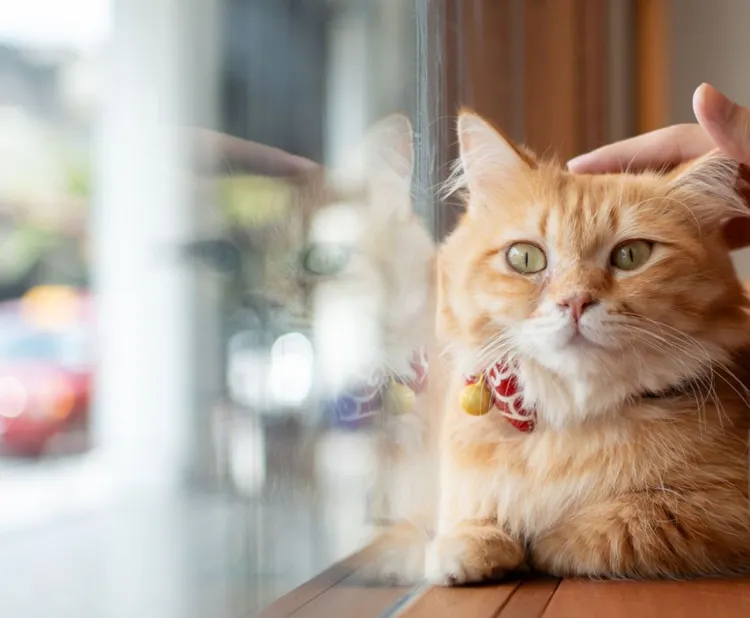
4. Care Tips to Help Munchkin Cats Live Longer
Balanced Diet and Portion Control
Providing a high-quality, high-protein, low-carb diet can support a Munchkin cat’s overall health and weight management. Cats are obligate carnivores and thrive on diets rich in animal proteins. Avoiding excessive treats and offering the correct portion sizes, based on the cat’s weight and age, helps to prevent obesity. Consult with a veterinarian to tailor your Munchkin cat’s diet to meet their unique needs and avoid foods that could cause digestive upset.
Exercise and Enrichment
Munchkin cats are playful and energetic, despite their short legs. Providing opportunities for exercise helps them stay fit and reduces the risk of obesity. While they may not be able to jump as high as other breeds, activities such as interactive toys, gentle play sessions, and scratching posts keep them physically and mentally engaged. Puzzle feeders and hiding treats encourage natural hunting instincts and mental stimulation.
Regular Vet Checkups
Regular veterinary visits are crucial to monitor for any developing health concerns, particularly joint or spine issues. Cats are experts at hiding discomfort, so an experienced vet can help catch issues early, potentially prolonging your Munchkin’s life. Standard checkups are recommended at least once a year, and biannual checkups may be beneficial for older cats or those prone to specific conditions.
Joint Supplements and Preventive Care
Joint supplements, such as glucosamine and chondroitin, may support joint health in Munchkin cats, especially if prescribed early on. Always consult your veterinarian before adding supplements to your cat’s diet. Preventive care, including vaccinations, flea and tick prevention, and regular dental checkups, is equally important. Dental health impacts overall well-being, so keep up with routine cleanings and checkups to avoid dental issues.
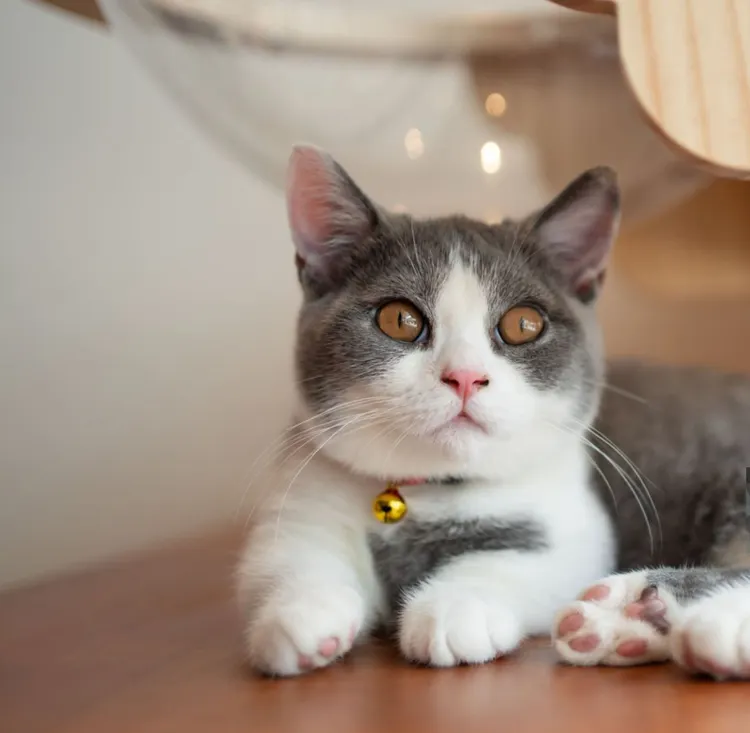
Munchkin cats, with their endearing personalities and unique appearance, can live long and fulfilling lives when provided with the proper care, diet, and preventive health measures. While they may face some specific health challenges, attentive care can minimize risks and enhance quality of life. Regular vet checkups, a balanced diet, mental stimulation, and a loving home are key to ensuring your Munchkin cat enjoys many happy, healthy years by your side.

